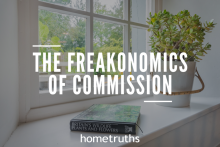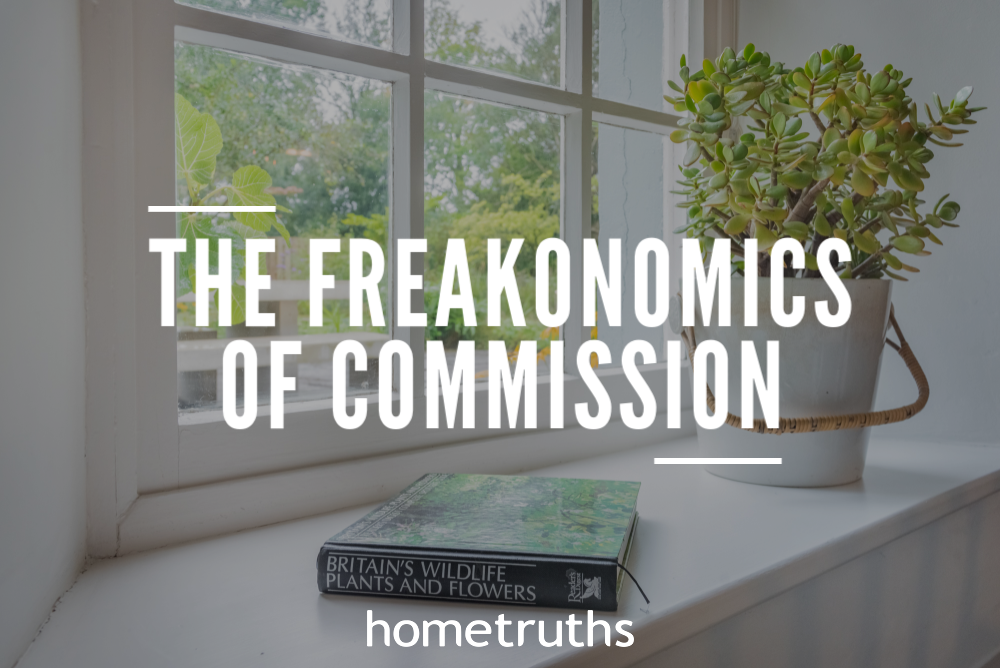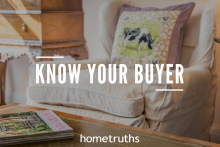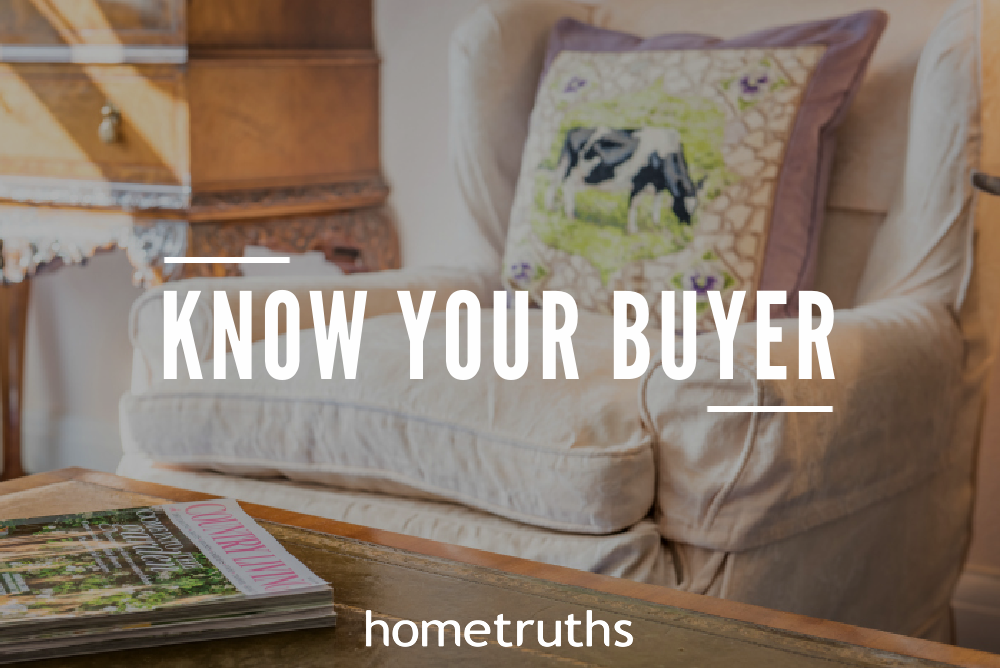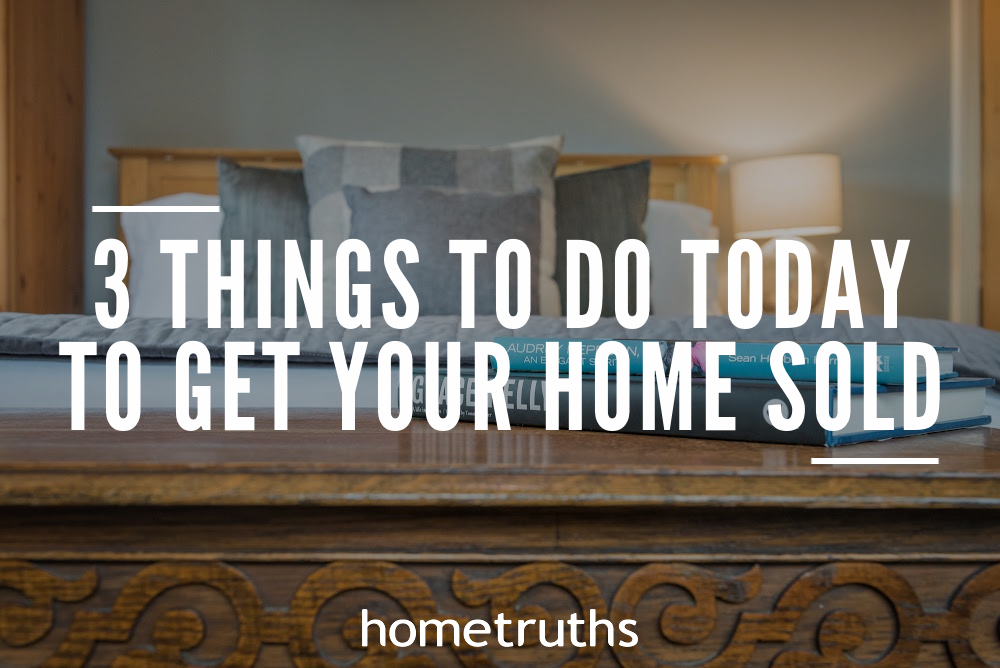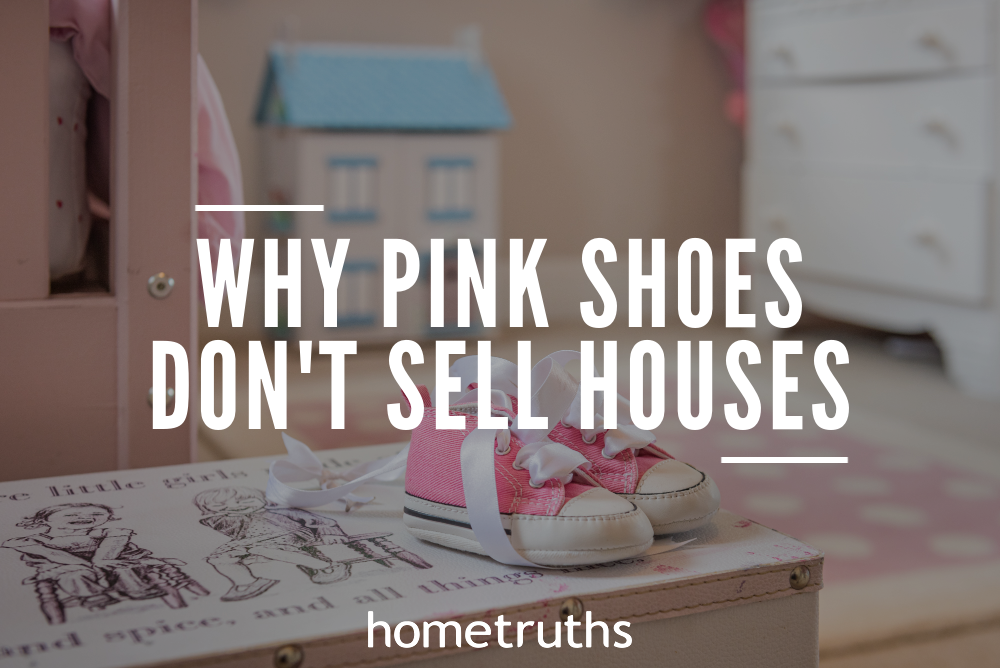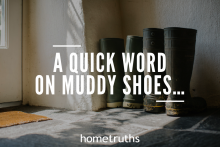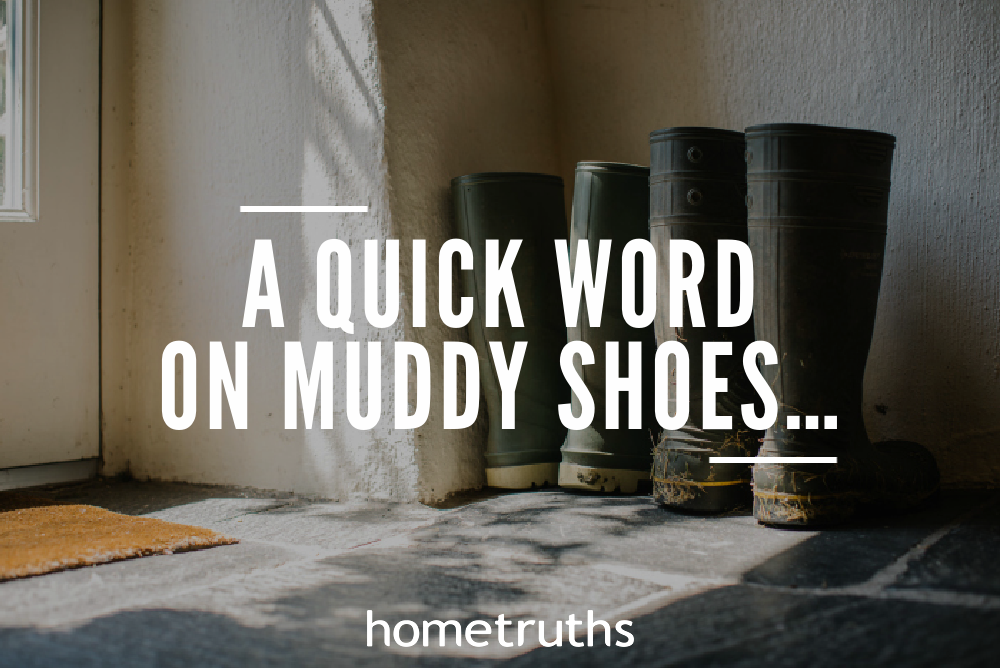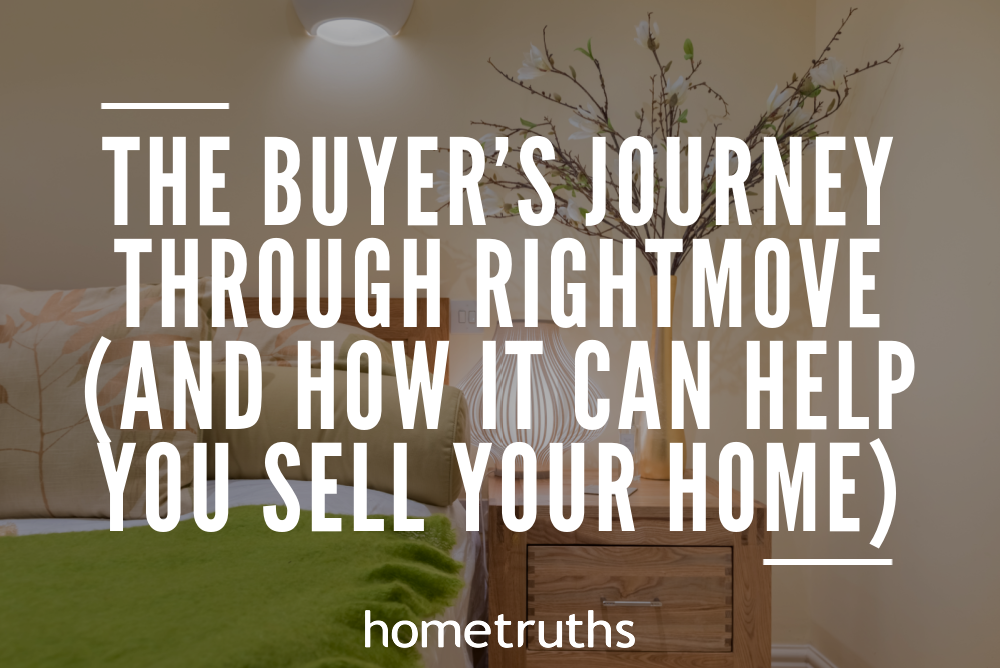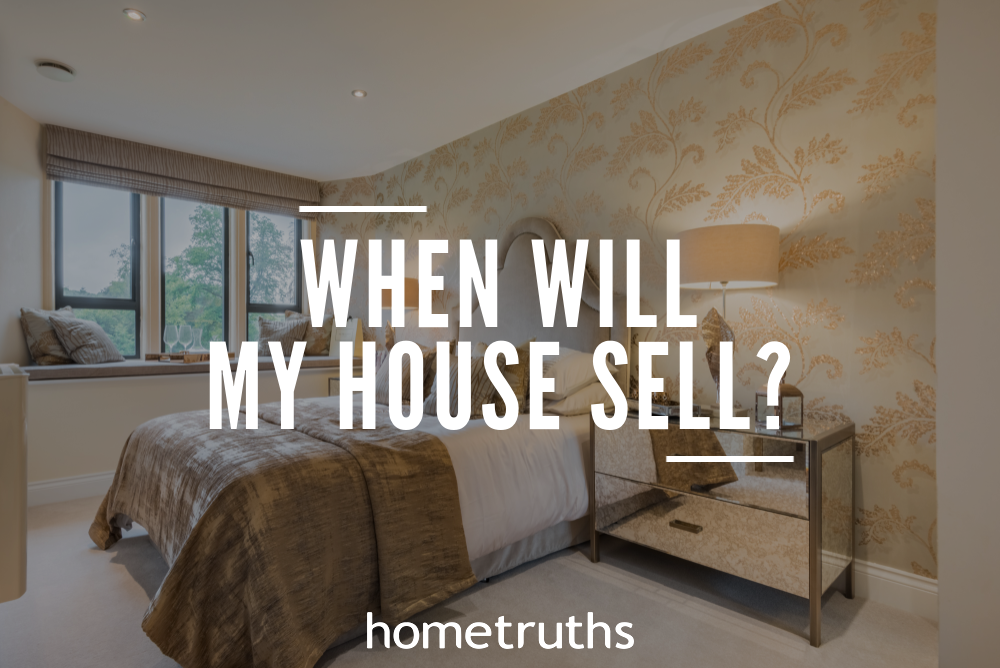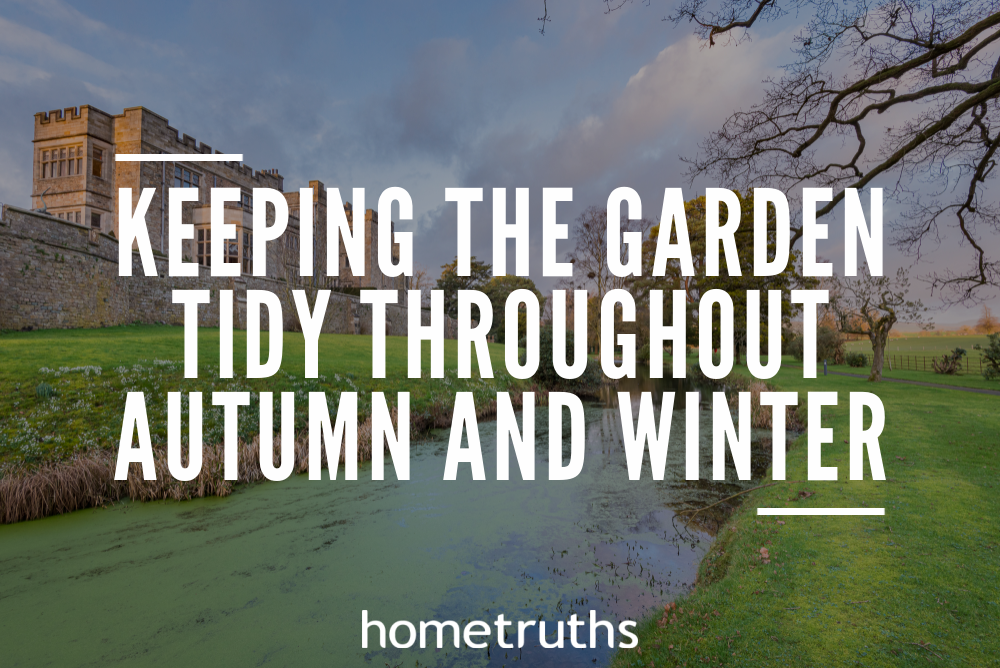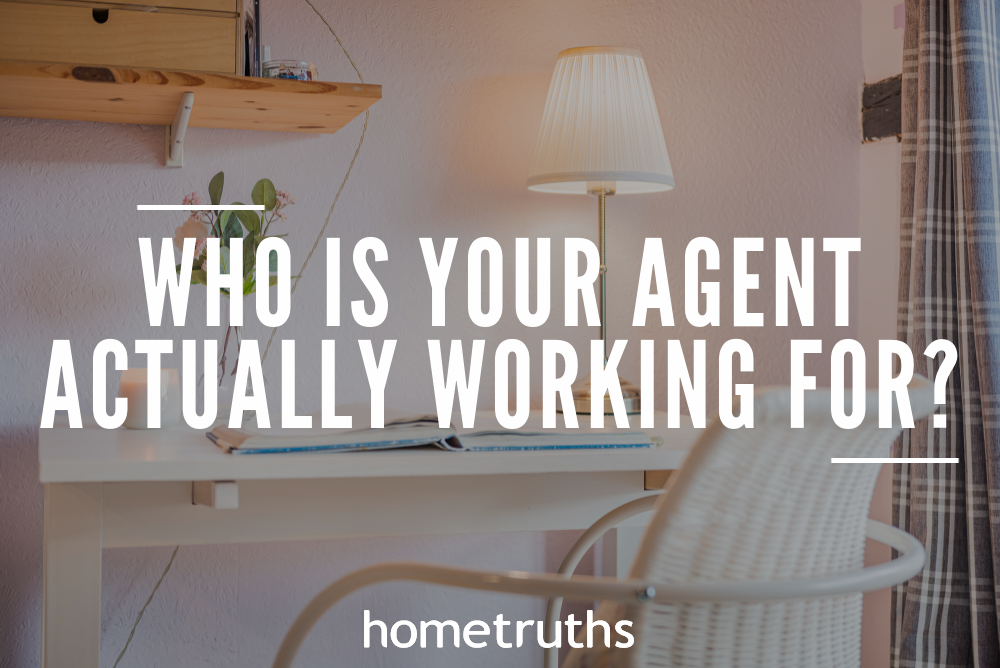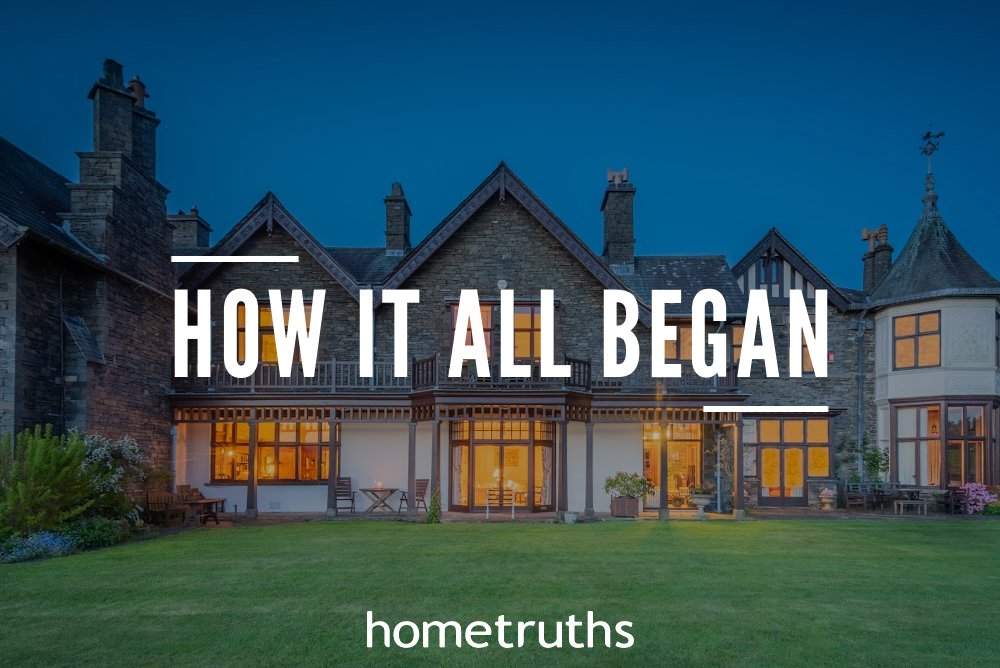
Once upon a time, a long, long time ago, I was working with a developers, sourcing properties for him, when I got a call out of the blue from John, a friend of a friend.
“Can you help me?” he asked. Turns out he’d been offered a great new job in London, starting immediately, but couldn’t sell his house in Cambridgeshire. He’d already been on the market several months, and reduced his asking price, but he just wasn’t getting viewers across the door. So what was the problem? I promised to investigate, and said goodbye to him.
Now, those were the ‘bad old days’ when Rightmove was just a little property website with a handful of agents on it, so the first place I looked was on his estate agent’s website: I studied the photographs and read the description carefully: it was a spacious four bedroomed, two bathroomed ‘executive’ style home, with modern fittings and a large garden; in short, a great family home. I checked the asking price against his competitors: it seemed to represent good value for money; certainly not over-priced. What about the location? I checked it out: lovely village, within 20 minutes’ drive of Cambridge, and boasting the all-important pub, shop and school. Big tick there then. So what was the problem?
I decided to give the estate agent a call and pose as a buyer, to ask them to send me the property brochure. Perhaps that would hold the answer.
“Good afternoon, Acme Estate Agents, how can I help?” was the chirpy answer.
“Hi there. I’m looking to relocate to the area, and I’d very much like to see anything you have in Smallsville,” I told her.
There was a moment’s hesitation, before her response came back: “I’m sorry, we don’t cover that village, it’s out of our area of coverage”.
I was momentarily struck dumb. Did I really hear her right? After all, I knew very well that she did have a property for sale there: I was staring right at it on their website!
“Where exactly do you cover?” I asked her. As she told me, I traced my fingers on a map. Nowhere near the village in question!
I thanked her, and immediately dialled John. “You’re with the wrong agent!” I burst out. I went on to tell him word-for-word what I’d been told. He was absolutely astounded; not least because the manager of Acme Agents who had taken on the instruction to market his property had assured him that they had “buyers waiting for that very village”.
“That’s why you aren’t getting any viewings!” I told him.
“So which agent should I use?” he asked.
“I don’t know,” I said, “I’m not familiar with the area”.
“Can you find out and recommend one to me?” he asked. “I’ll pay you for your time, of course.”
We agreed a fee, and I told him I’d get back to him with a recommended agent by the end of the week. But where to start?
Firstly, I drew up a criteria of what I thought a really good agent should offer: well-placed office, professional photography, supportive staff, and lots more. My list covered around thirty separate points.
Next, I scoured the internet, checking every agent against my admittedly pretty tough criteria, and came up with a shortlist of only three estate agents.
I decided the only way I could be confident of my recommendation to John, and after all, he was paying me to come up with the best agent for him, was to actually call the respective managers or partners of each of these three shortlisted agents, and ‘interview’ them. So I did.
One I ruled out straight away; I thought his attitude to be overly negative and unaccommodating. I knew the relationship between John and his agent would need to be as strong and positive as possible, right from the start, so I discounted him.
The second agent was positive about the property, but wanted a significant price reduction before taking it on. I told him I’d pass on his advice to my client, and called the third agent.
Just like the Goldilocks fairytale, this agent was ‘just right’. She was positive, friendly and personable; we had a long chat about how she would propose to market John’s house, and I liked everything she said. She also told me she thought the asking price to be realistic, and told me about other properties she’d sold recently in the area. I’d found John’s new agent.
I quickly set up a meeting between the agent, John and his wife, and John called me afterwards, delighted. He and his wife had both really liked the agent I’d recommended, and they had signed up there and then. I was very relieved. Now all she had to do was put her money where her mouth was, and sell John’s house!
A couple of weeks went by. I checked out the online advert, which looked great. John had even taken on board a couple of staging tips I’d given him, so the house was really looking its best. Then, I got a call from John.
“We’ve sold!” he said. “The agent you recommended not only got us half a dozen viewings in the first two weeks, she also negotiated an offer to within £10,000 of our asking price, so we’ve decided to accept it. We can’t thank you enough for putting us on the right track.”
I told him I was absolutely thrilled for him, and picked up the phone to thank the agent, who was suitably modest, but also clearly very pleased.
“So who are you going to send me next?” she asked.
And HomeTruths was born.
I realised in that moment that the average seller has no idea which agent to select to sell their home. They will ask friends, look through the paper, and browse online, but it can be like finding a needle in a haystack. Sellers need professional advice from an independent expert, in order to ensure they instruct the right agent to sell their home effectively.
There are currently around 15,000 estate agents in the UK, and over the years, we have recommended less than 1% of them. We’re picky, to say the least.
HomeTruths is for sellers. What we do could change your life; literally. Because when you need to move on, in every way that one can move on, you really need the cards stacked in your favour. That’s where we come in. We will give you the information you need to get it right, and the confidence to stick to your plan. And there are eight years’ worth of happy sellers behind you, proving it can be done.
If you’d like my help to sell your home more effectively, please answer a few short questions here and if I think I can help you, I’ll be in touch.



